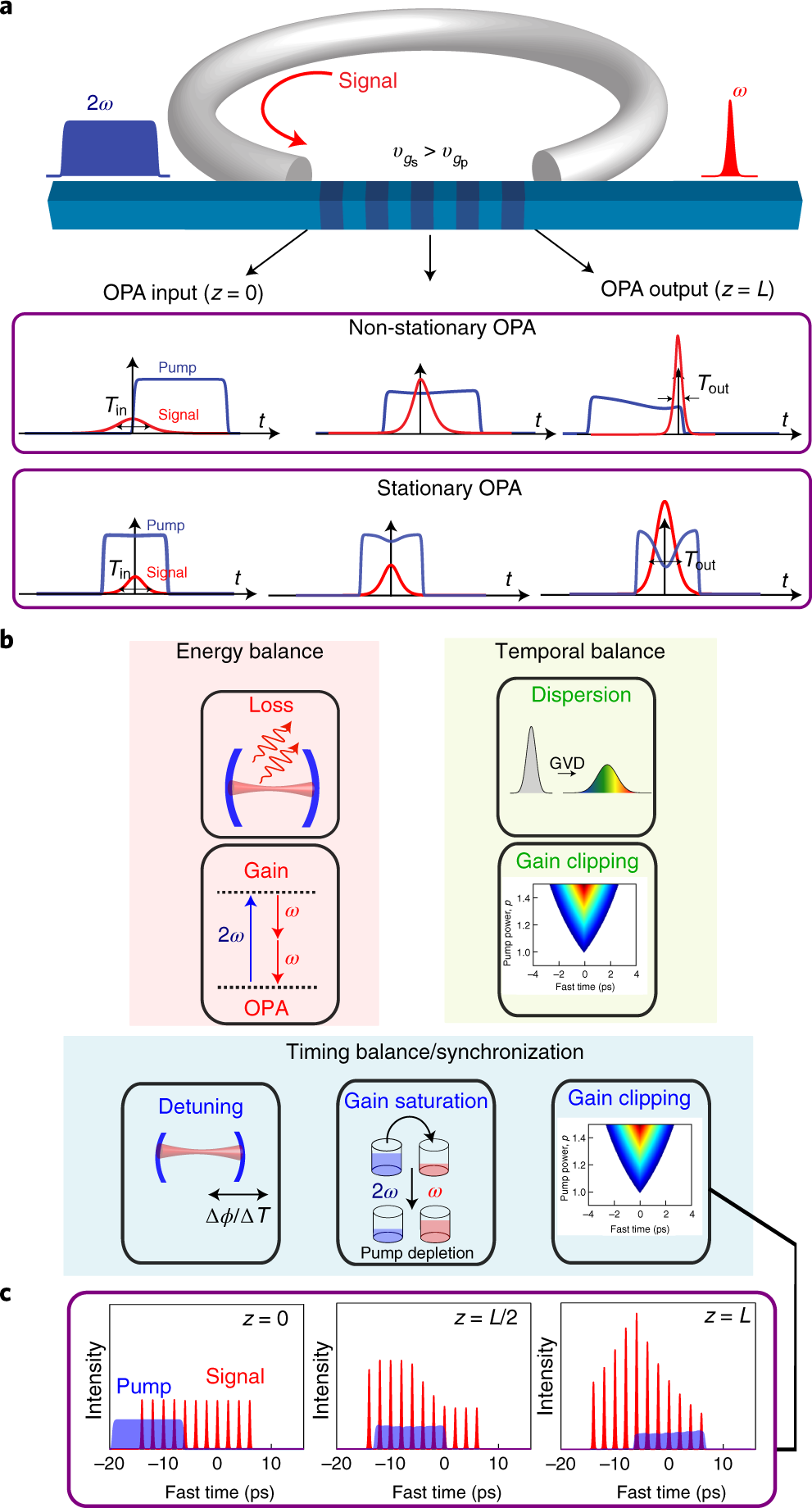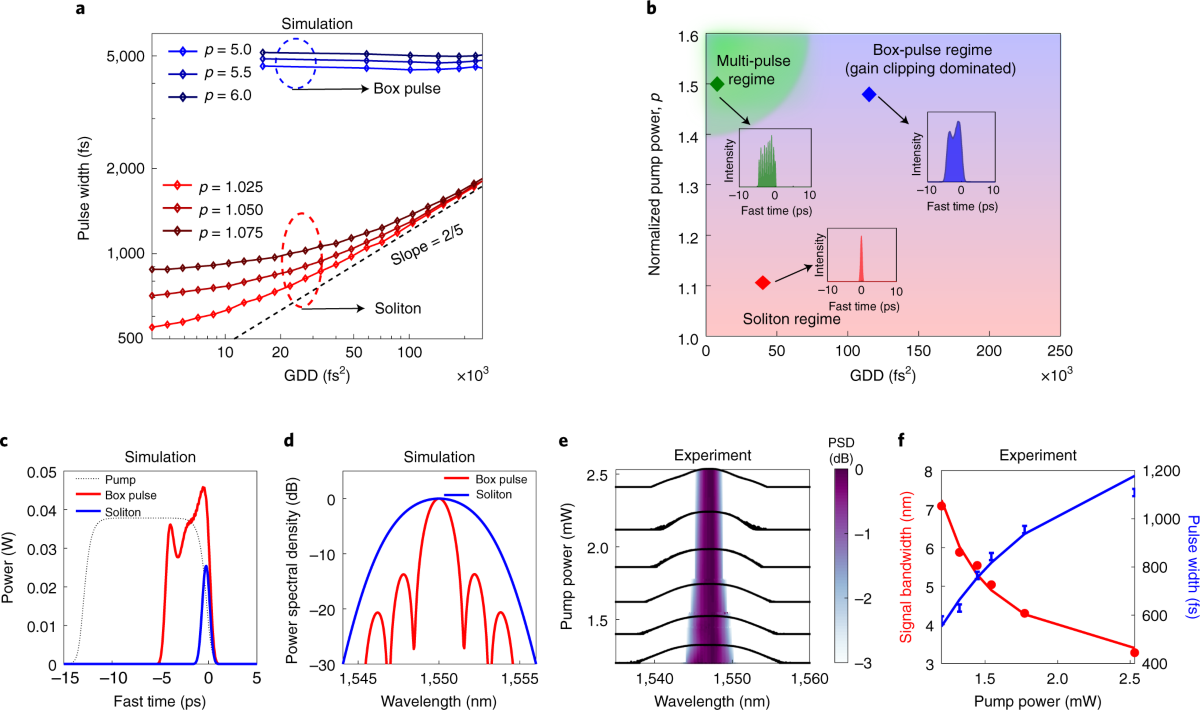Contents

Source: Nature
<>
Understanding Temporal Walk-off in Nonlinear Frequency Conversion
What is Temporal Walk-off?
Temporal walk-off occurs in nonlinear frequency conversion processes with ultrashort pulses when pulses of different frequencies have different group velocities, causing them to lose temporal overlap after propagating a certain distance. This phenomenon can limit conversion efficiency and alter pulse shapes.
Effects on Frequency Conversion
Temporal walk-off can impact the efficiency of frequency conversion. In some cases, it can lead to asymmetric pulse profiles, while in others, it may result in pulse compression. Aperiodically poled nonlinear crystal devices utilize temporal walk-off for specific functions, such as efficient conversion of short pulses or pulse splitting.
Significance of Temporal Walk-off
Temporal walk-off can be significant even when dispersive broadening caused by chromatic dispersion is minimal. The group velocity mismatch between different spectral regions can lead to walk-off values of femtoseconds per millimeter, resulting in picoseconds of walk-off over a few centimeters of crystal material.
Implications in Device Design
Femtosecond parametric devices typically use nonlinear crystals with short lengths to minimize temporal walk-off effects. The frequency-domain equivalent of temporal walk-off is limited phase-matching bandwidth, which also impacts the performance of nonlinear frequency conversion systems.
Temporal Walk-off vs. Spatial Walk-off
It is important not to confuse temporal walk-off with spatial walk-off, as they are distinct phenomena with different implications in photonics applications.
Conclusion
Understanding temporal walk-off is crucial for optimizing the performance of nonlinear frequency conversion systems. By mitigating the effects of temporal walk-off through appropriate design considerations, researchers and engineers can enhance the efficiency and effectiveness of these systems.

Source: Nature
Feel free to comment your thoughts.



